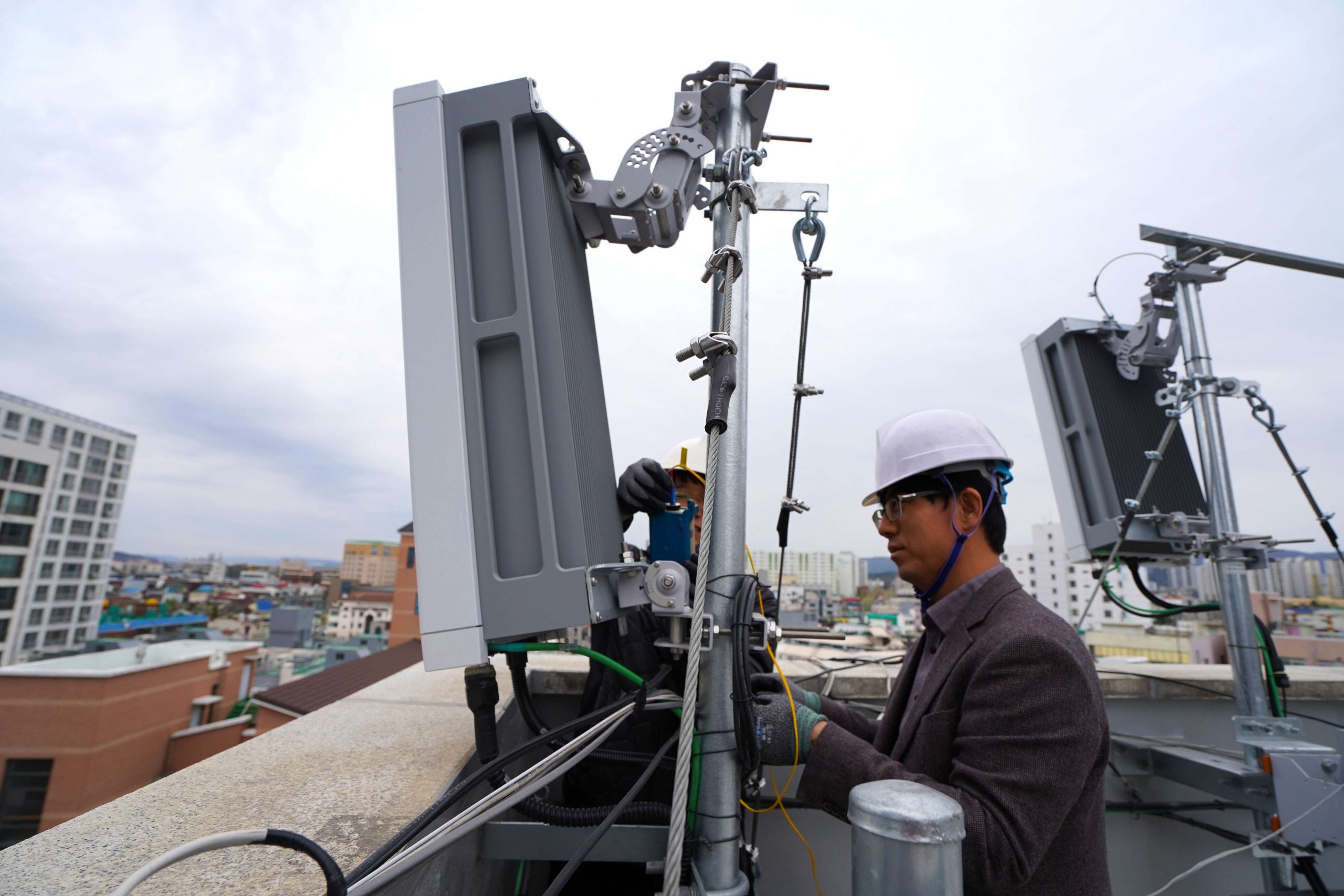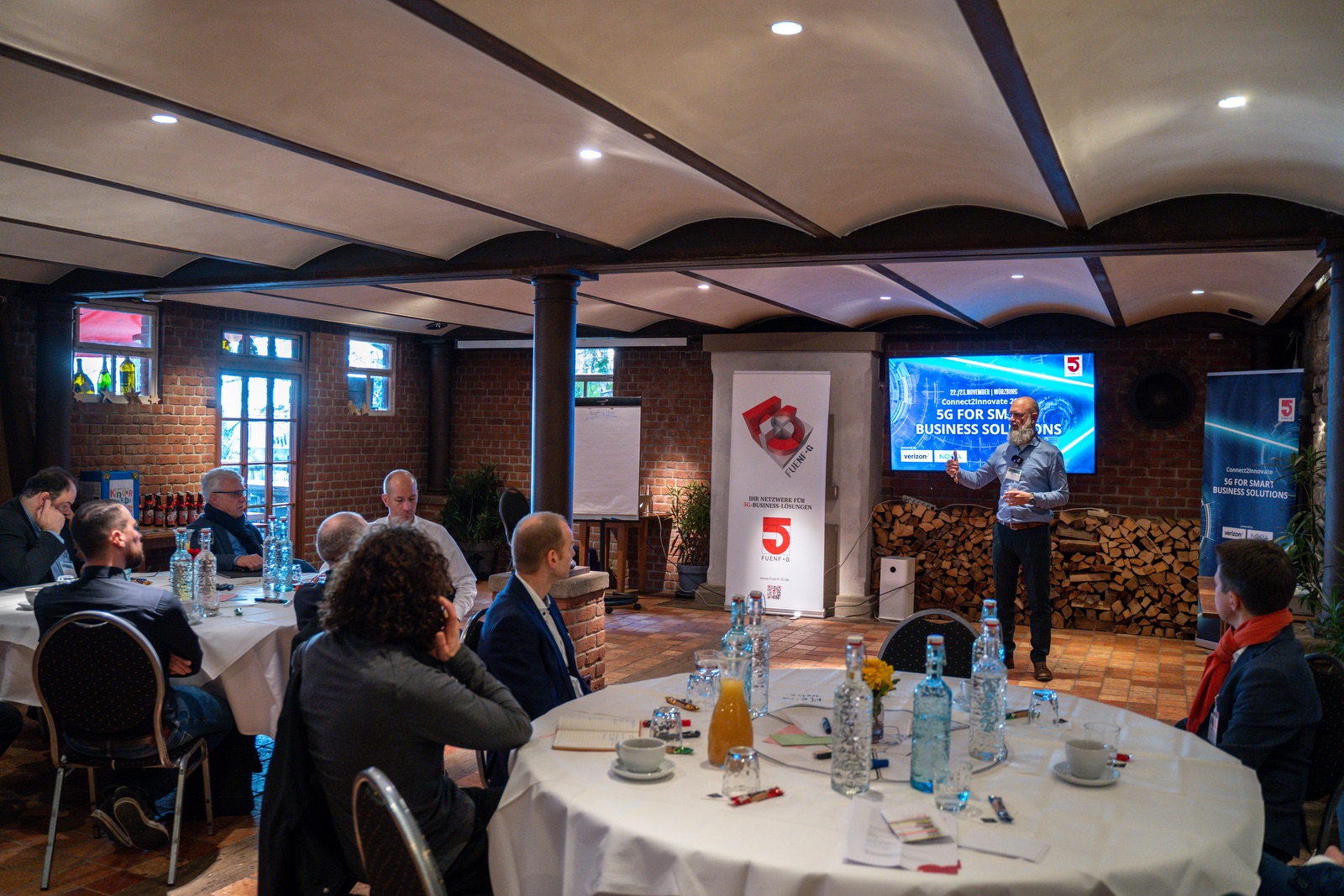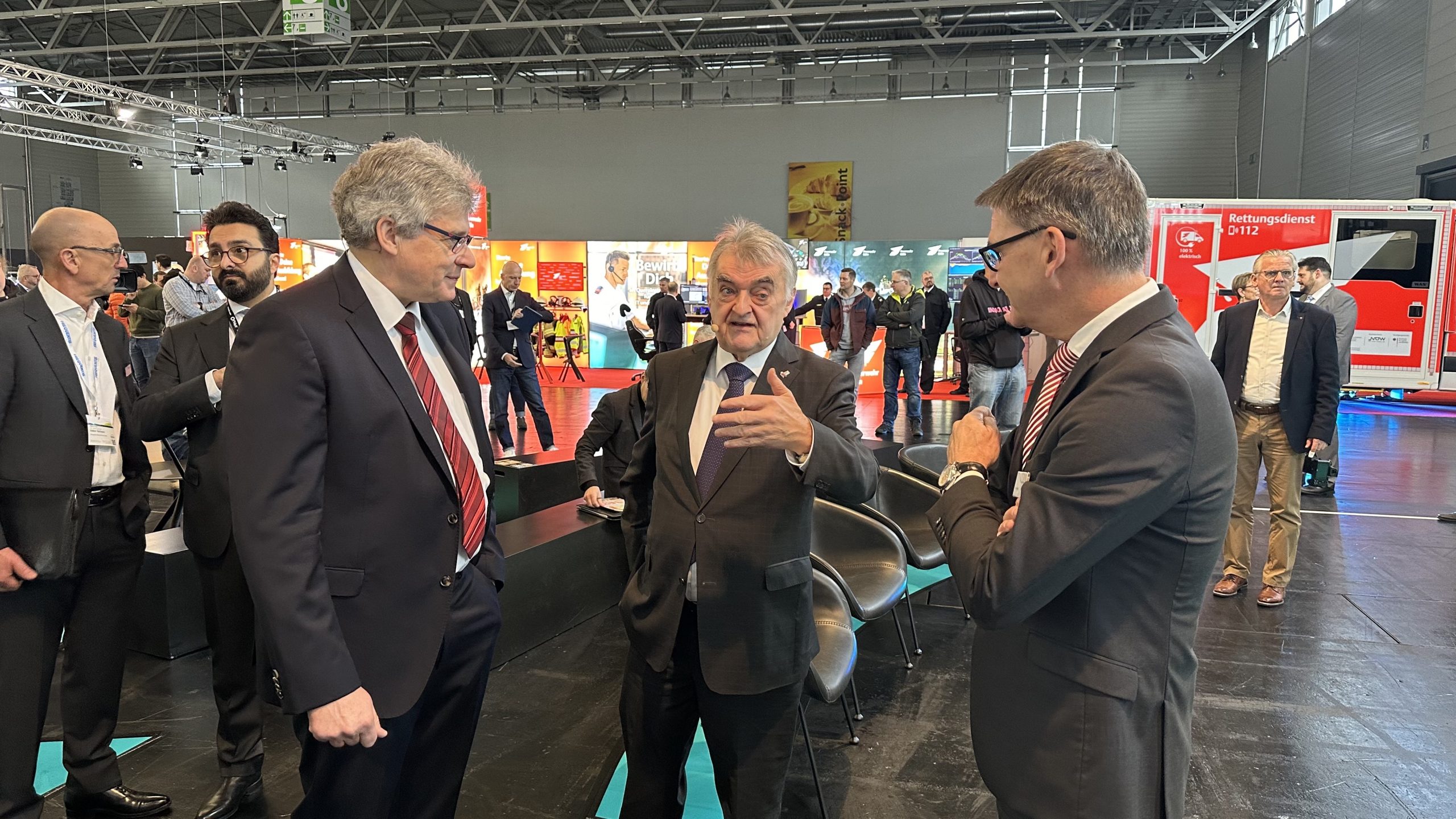Huawei and Ericsson have signed a long-term global patent cross-licensing agreement covering patents essential to standards such as 3GPP, ITU, IEEE, and IETF standards for 3G, 4G, and 5G wireless technologies. The agreement covers each party’s respective sales of network infrastructure and terminals, and provides both parties with global access to each other’s patented, standardized technologies.
“We are pleased to announce the renewal of our global cross-licensing agreement with Huawei,” said Christina Petersson, Chief Intellectual Property Officer at Ericsson. “Both companies make important contributions to mobile standards and recognize the value of each other’s intellectual property. This agreement demonstrates both parties’ commitment that intellectual property should be respected and rewarded, and that leading technological innovations should be shared across the industry. A balanced approach to licensing ensures that the interests of patent holders and users alike are protected and promotes healthy, sustainable industry development for the benefit of consumers and businesses everywhere.”
Alan Fan, head of intellectual property at Huawei, is also pleased to announce the conclusion of “a long-term global cross-licensing agreement” with Ericsson.
Fan emphasizes having contributed to key ICT standards over the past 20 years, including cellular, Wi-Fi, and multimedia codec standards. According to its own data, Huawei topped the European Patent Office’s ranking of patent applicants in 2022 with 4,505 applications and generated total patent licensing revenue of around $560 million. In Europe, Huawei employs over 3,400 research and development staff:in 27 research facilities in 13 European countries.
“Our commitment to sharing leading technological innovations will promote healthy, sustainable industry development and provide consumers with more robust products and services,” Fan says.
Investing in research and development
With its current portfolio of IPR licensing agreements, Ericsson estimates IPR licensing revenues of approximately SEK 11 billion for the full year 2023. Ericsson also sees itself in a leadership role, saying that over several decades it has been a leading contributor to the 3GPP and the development of global mobile standards. The value of Ericsson’s patent portfolio, with more than 60,000 granted patents, would be strengthened by its leading position as a 5G provider and annual investments of more than $4 billion in research and development. The company is confident of growing its IPR revenues over the long term with further agreements and by expanding into additional licensing areas, he said.
Huawei describes itself as a holder and implementer of standard essential patents (SEPs) and says it takes a balanced approach to licensing. By cross-licensing their SEPs, the two companies are able to share and access key technologies, he said. Fan said, “This agreement is the result of intensive discussions that ensured that the interests of both patent holders and implementers are fairly considered.”
Huawei has signed nearly 200 bilateral licensing agreements with companies to date. Another 350 companies have obtained licenses of Huawei patents through so-called patent pools. In a February 2023 study by analyst firm Clarivate, Huawei ranked first with 22 percent of standard-essential 5G patents.
Parts of this text are translated with www.DeepL.com









Leave A Comment